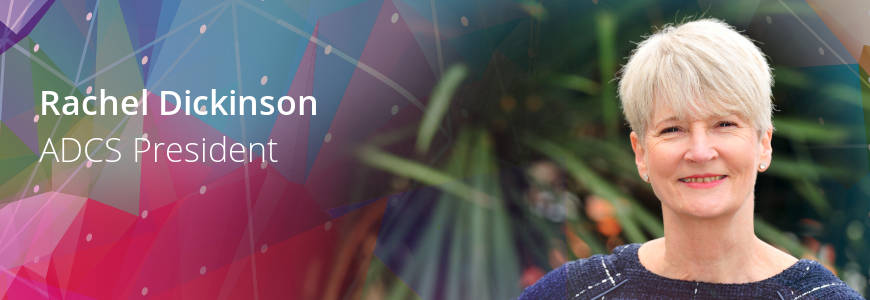The vicious cycle that keeps children in poverty

This year I’m determined to shine a light on child poverty in this country during my time as President of the Association of Directors of Children’s Services. The growing levels of inequality in our communities doesn’t often capture the attention of the media, or the public for that matter, but in recent weeks and months this issue has been covered several times.
In May, the End Child Poverty Coalition’s analysis of government data by parliamentary constituency highlighted the stark differences at a local level. In 10 constituencies, largely in London, Birmingham and Manchester, more than 50% of children live below the poverty line. Delving deeper to a neighbourhood level showed an even greater variation, with a staggering 70% of children in one Lancashire town living below the poverty line. Just a few days later Human Rights Watch published a report on family poverty in Cambridgeshire, Oxford and Hull. The report contained accounts from individuals, organisations and community groups. Researchers found schools were providing food and much, much more for pupils and their families and some schools were routinely using left over fruit, vegetables, bread and dried goods from local supermarkets in a bid to offer cheap but nutritious school dinners for pupils who may not otherwise be able to afford them.
That same month, Professor Alston published his final report on poverty in the UK. The wide-ranging report touched on a variety of interrelated issues, from rising levels of in-work poverty, the effects of privatising services and the sharp decrease in funding for local government to the poverty of access and opportunity in rural communities or amongst specific groups, such as asylum seekers. The report made several recommendations, including the restoration of local government funding and suggested that the National Audit Office should assess the impact of austerity, particularly in relation to vulnerable groups, with a view to identifying measures to fix the holes opening up in the state safety net.
These three reports follow several others in recent months but the clarion call for concerted, coordinated action has not yet rung out across Westminster. Most recently, a report by the Social Metrics Commission highlighted how ‘measuring poverty is essential if action is going to be taken to improve the lives of those currently in poverty in the UK’, but there are four separate measures of poverty in use, which can be confusing. Whether it’s two million or four million children and young people experiencing poverty, I hope we can all agree that action is urgently required. Just imagine what could be achieved if Parliament devoted as much time, energy and challenge to addressing this burning social injustice, because that’s what it is, as it has given to Brexit over the last three years.
I continue to worry that poverty is becoming normalised, that we’ve all grown used to the sight of donation boxes for food banks, sanitary products destined for schools, warm clothing for the homeless and toys for children in supermarkets and shopping centres across the country. I recently read a heart-breaking interview with a head teacher in the east of England who was offering haircuts in school as well as washing uniforms and operating a food bank for pupils’ families in response to the level of need in the local area. On the one hand these acts of compassion and generosity in communities up and down the land are heartening but I fear these small, daily injustices are now part of the wallpaper.
Tackling poverty should matter to us all, it matters to directors of children’s services because we are responsible for ensuring the provision of services that meet the needs of all children and families in our local areas, but a climate of reduced funding and rising need is undermining our ability to tackle poverty and, consequently, increasing demand for our services. It’s a vicious cycle.
Failure to invest in children’s futures is a false economy. It’s time for change.
Rachel Dickinson is Executive Director of People at Barnsley Metropolitan Council and ADCS President 2019/20.
This briefing was first published in LGC on 9 August 2019. | https://www.lgcplus.com/uncategorized/vicious-cycle-keeps-children-poverty-09-08-2019/
Related Articles
ADCS President responds to an additional £500m for social care
In General Funding
Comment on growing home to school transport pressures
In General Funding
ADCS President John Pearce said: “Local authority children’s services...
In General Funding
ADCS Response to the consultation on an early years national funding formula
In General Funding
Matt Dunkley comments on IFS research on Covid-19 and council funding
In General Funding
Commenting on the Autumn statement, ADCS President Steve Crocker said:
In General Funding
ADCS response to the new national funding formula for schools
In General Funding
“The greatest opportunity to make a tangible difference to a child’s life is...
In General Funding
Chris Munday, Chair of the ADCS Resources & Strategy Policy Committee said:
In General Funding
ADCS response to the consultation on eligibility for free school meals and the...


